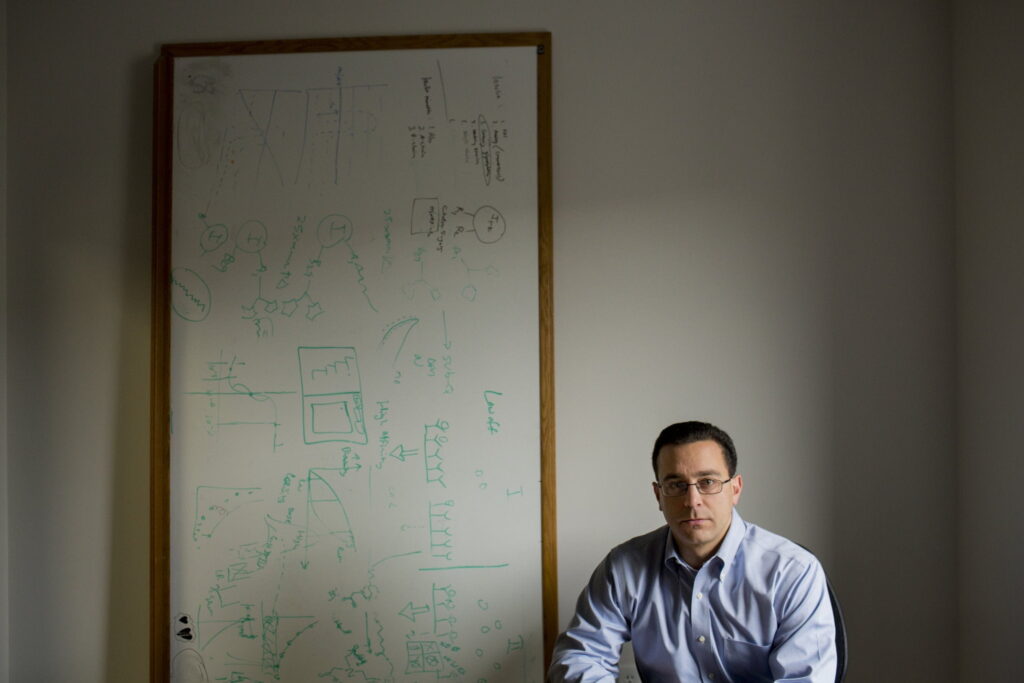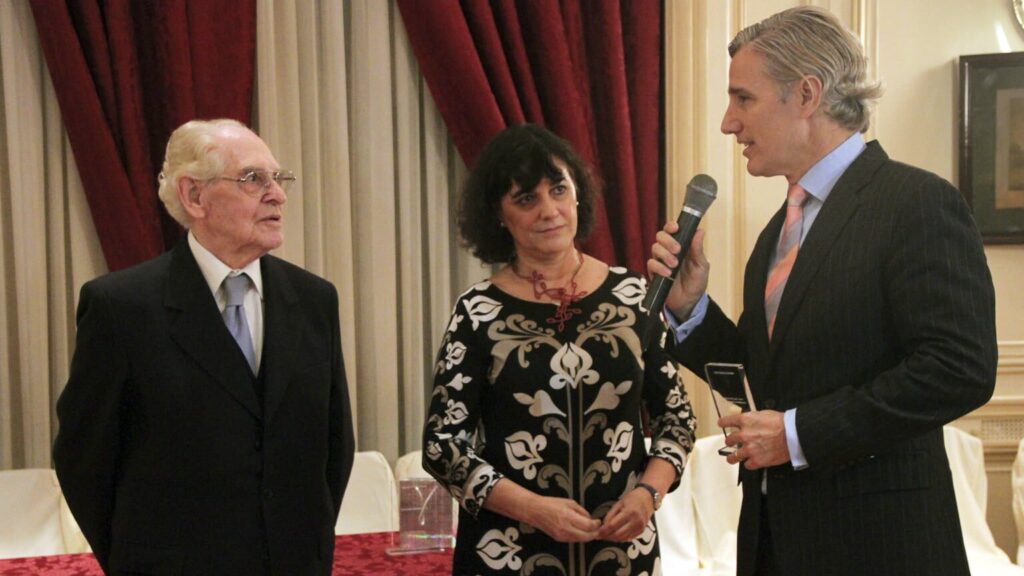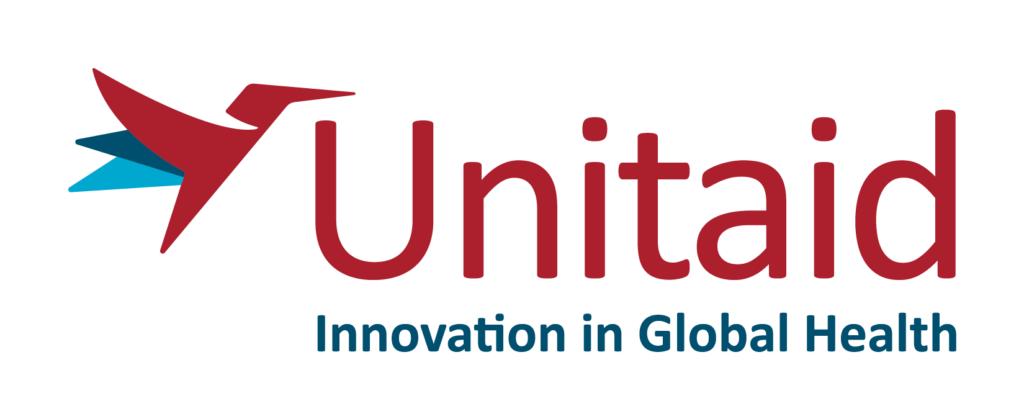Why Are So Few Blockbuster Drugs Invented Today?
One possibility mentioned in the proposal was the development of a kind of insulin that would automatically respond to changes in blood-sugar levels, becoming active only when needed to maintain healthy levels around the clock. If it worked, the sugar-sensitive version could transform the lives of the six million people with diabetes in the United States who use insulin. No longer would they have to test their blood-sugar levels multiple times per day and try to calculate how much insulin to take. The self-regulating insulin would curtail high sugar levels, which raise the risk of long-term complications, and eradicate, or at least reduce, the most dangerous short-term complication: hypoglycemia, when sugar levels fall so low that they can cause confusion, unconsciousness, seizures and even death.
Why Are So Few Blockbuster Drugs Invented Today? Read More »







